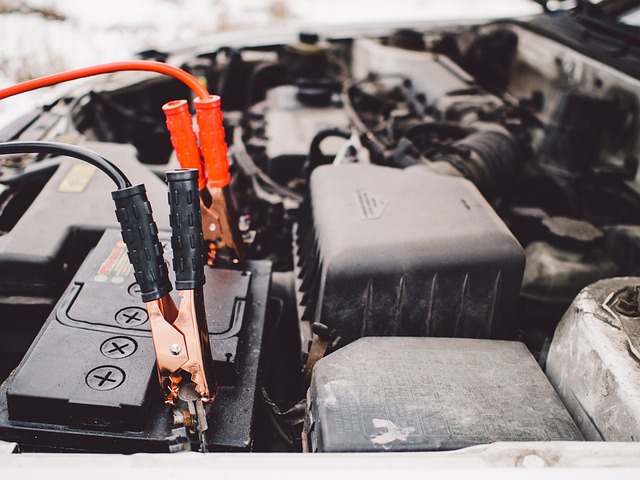Experiencing a car battery draining rapidly can be frustrating and inconvenient. However, identifying the underlying issue can help resolve the problem efficiently. Here are some steps to troubleshoot and find the cause of a fast-draining car battery:
Check for Electrical Accessories
Begin by inspecting the vehicle for any electrical accessories that may be draining the battery when the car is off. Common culprits include interior lights, trunk lights, glove box lights, and aftermarket accessories like stereos or alarm systems.
Ensure all accessories are turned off when the car is parked.
Test the Battery
Use a multimeter to test the voltage of the car battery when the engine is off. A fully charged battery should read around 12.6 volts. If the voltage is significantly lower, it may indicate a weak or discharged battery that needs recharging or replacement.
Check for Parasitic Draw
Perform a parasitic draw test to identify any abnormal electrical draws when the car is turned off. This involves disconnecting the negative battery terminal and connecting an ammeter in series to measure the current draw.
A normal draw should be less than 50 milliamps.
If the draw is higher, start removing fuses one by one to pinpoint the circuit causing the draw.
Inspect the Charging System
Ensure that the alternator is charging the battery properly when the engine is running. Use a multimeter to test the alternator output voltage, which should be around 13.8 to 14.2 volts.
If the voltage is low, it may indicate a faulty alternator or voltage regulator that needs replacement.
Check for Corrosion or Loose Connections
Inspect the battery terminals and cable connections for signs of corrosion, rust, or looseness. Clean the terminals with a wire brush and a mixture of baking soda and water if necessary.
Tighten any loose connections to ensure a secure electrical connection.
Test the Battery Load
Perform a load test on the battery using a battery tester or a professional diagnostic tool. This test applies a load to the battery while monitoring its voltage and capacity.
A failing battery may not hold a charge under load and will require replacement.
Inspect the Starter Motor and Ignition System
A faulty starter motor or ignition system can cause excessive battery drain. Listen for any unusual sounds when starting the engine, such as clicking or grinding noises, which may indicate a problem with the starter motor.
Additionally, check the ignition switch and wiring for any signs of damage or wear.
Consider Environmental Factors
Extreme temperatures, both hot and cold, can also affect battery performance and longevity. If you live in an area with extreme weather conditions, consider how temperature fluctuations may impact your car’s battery.
What Things to Check in Your Car Before Winter
Seek Professional Assistance
If none of the above ideas and clues finds a solution and you’re unable to identify the cause of the fast-draining battery, consider seeking assistance from a qualified mechanic or automotive technician. They have the expertise and diagnostic tools to diagnose and repair complex electrical issues effectively.
By following these troubleshooting steps, you can identify the underlying cause of your car battery draining quickly and take appropriate measures to resolve the issue, ensuring reliable vehicle performance and avoiding unexpected breakdowns.
